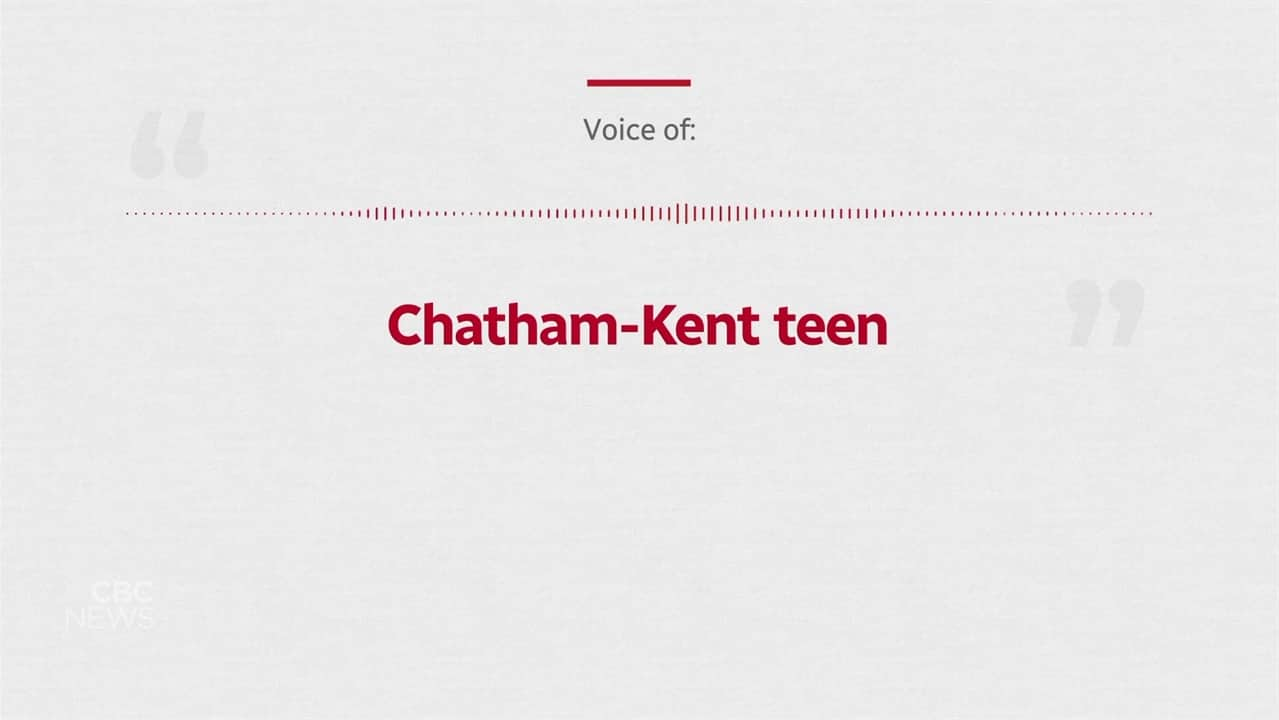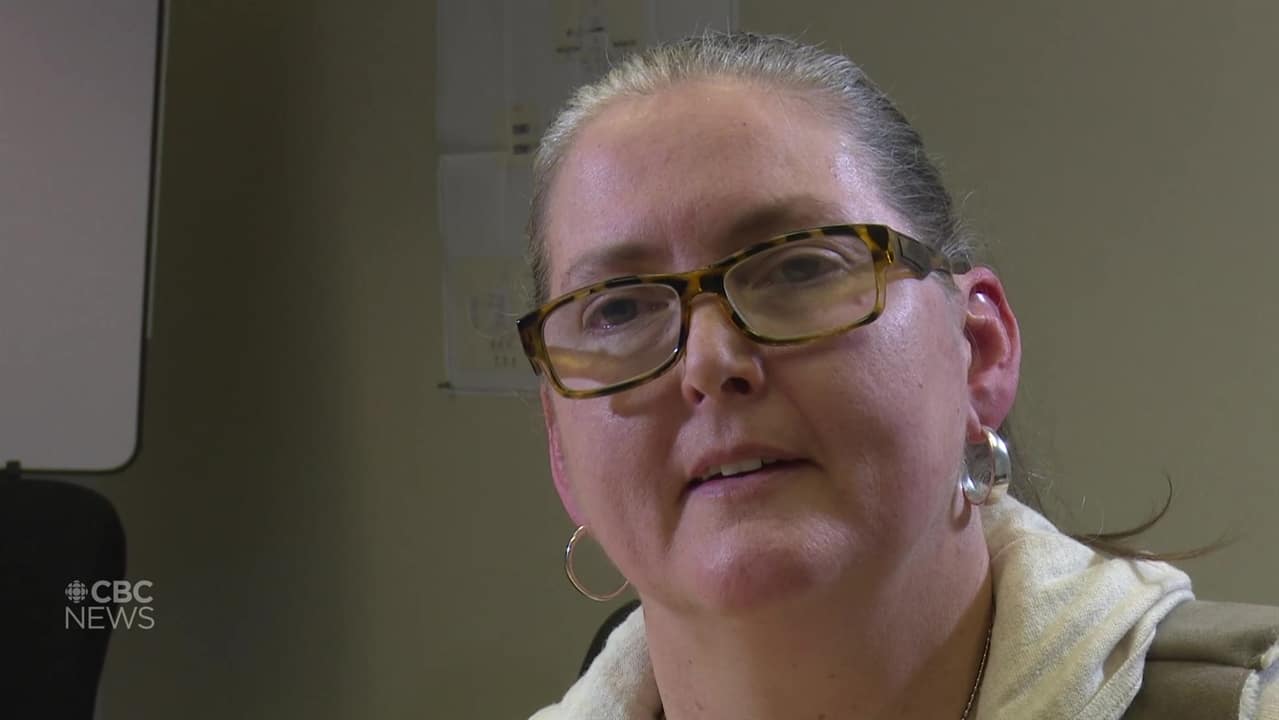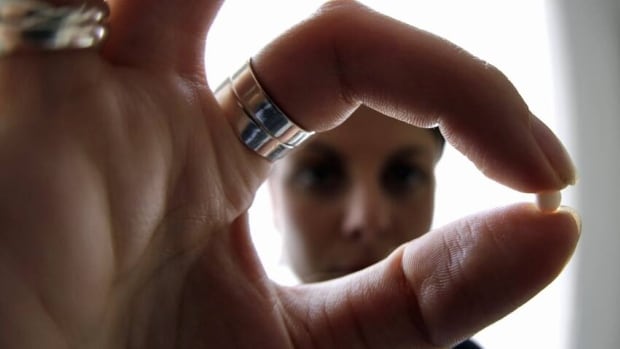
A young teenage girl in Chatham-Kent approached the health unit for birth control and left empty-handed because she couldn’t afford to pay for it.
She recalls CK Public Health asking if she had access to private insurance, but said she didn’t want her parents to know she planned on being sexually active. Then, she said, a nurse told her over the phone it would cost $10 per pack, something she couldn’t afford without a job.
As of January 1, 2018, the Ontario government began covering the cost of prescription medications, including birth control, for anyone under the age of 25. But CK Public Health, unlike surrounding health units in Windsor-Essex and Sarnia, is charging high schoolers $10 for them. Now the girl is one of several people wondering why there’s a fee at all.
“It made me feel kind of worried. To learn that we had to pay was really surprising … because we’re teenagers and sexual health is important,” said the girl, who CBC News is not identifying because of her age.
“In health class, it’s always like go on birth control, be safe, safe sex. If students can’t get it for free, a lot of the students who are already pregnant don’t have jobs.”
Listen to a Chatham-Kent teen and her mom talk about trying to access birth control at CK Public Health:
A Chatham-Kent teenager and her mother are expressing concern about a public health unit charging $10 a month for birth control that’s covered by the Ontario government.
The girl’s mom, who the girl told about the experience later on, tells CBC News it’s “very concerning” that her daughter was asked to pay for birth control. She wonders how this could happen in an environment when young people are being taught to “do the right thing, safe sex and make good decisions.”
“Then to realize that it’s not as barrier-free as it seems was very upsetting,” she said. “I just find it very disappointing and very upsetting. We shouldn’t be putting barriers to kids for making the right decision.”
“It appears to me in this situation that they’re being charged to circumvent confidentiality concerns.”– Kerry Bowman, professor of bioethics and global health, University of Toronto
CK Public Health has been charging $10 a month for as long as director Teresa Bendo could remember. Bendo calls it low-cost birth control for people “who can’t afford it. We at least provide some of the cost.”
Birth control charge is ‘cost recovery’
The $10 is viewed as a form of “cost recovery,” she said. The health unit pays between $20 and $30 for the birth control it dispenses, she added.
Asked why CK Public Health didn’t provide prescriptions so teens can obtain free birth control at a pharmacy, Bendo wasn’t sure. She subsequently said nurses do offer that option, in addition to charging $10 per month.
“We do work with individuals to get the birth control they need if they can’t afford the $10,” said Bendo.
Nurse pays out of pocket for teen’s birth control
But Carolyn Martin, a nurse at CK Public Health, said on some occasions, she’s paid out of her own pocket for teens who couldn’t pay themselves.
“I’m not taking someone’s lunch money that day,” she said. “Some of these kids live in such poverty. I told her I’m paying for you. The relief on this girl’s face [was] out of control.”
CK Public Health nurse Carolyn Martin said teenagers shouldn’t be forced to pay $10 per month for birth control because they’re afraid their parents will find out if they get it for free through a pharmacy.
As a public health nurse, Martin said she’s tried to effect change internally so young girls wouldn’t have to pay for birth control. She’s mostly worked in high schools with teens during her 20 years in the community.
Martin says nurses used to provide prescriptions to pharmacies for teenagers who wanted birth control. But in at least one case, that system inadvertently outed a youth to a parent picking up the teen’s regular medication.
Confidentiality breached at a pharmacy
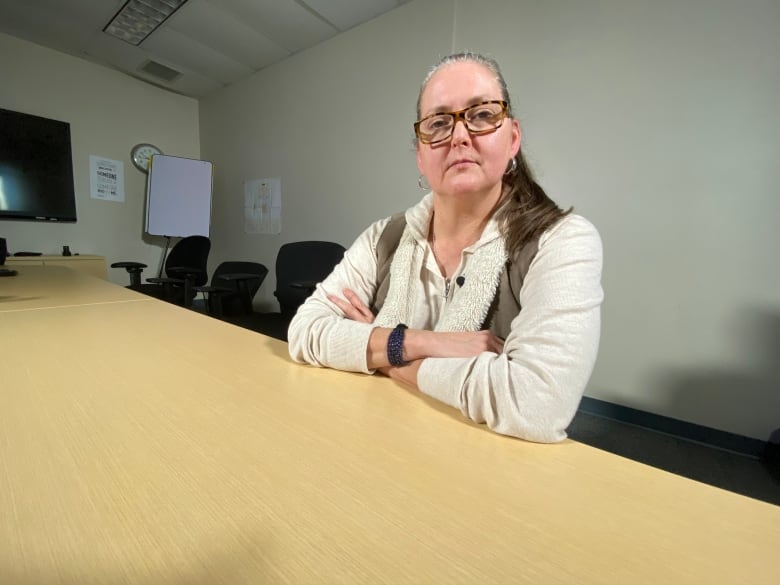
Martin says there were easier ways to fix the confidentiality issue. She was part of an internal working group that identified a simple fix that involved changing pharmacy systems. But she says that was met with resistance within CK Public Health.
In that moment, she says, she felt “angry. Mad. [CK Public Health has] no right to take that money.”
Bendo acknowledges this issue was identified within CK Public Health, but said it’s between pharmacies and their clients.
Administrators didn’t take any action, Martin says, and now she’s speaking out.
Charging for birth control ‘problematic’
One Ontario medical ethicist says charging teens for birth control is “very, very problematic.”
“It appears to me in this situation that they’re being charged to circumvent confidentiality concerns,” said Kerry Bowman, who teaches bioethics and global health at the University of Toronto.
As for the pharmacy issue, “those teens should never have to worry about confidentiality concerns. What medication they’re on is confidential.”
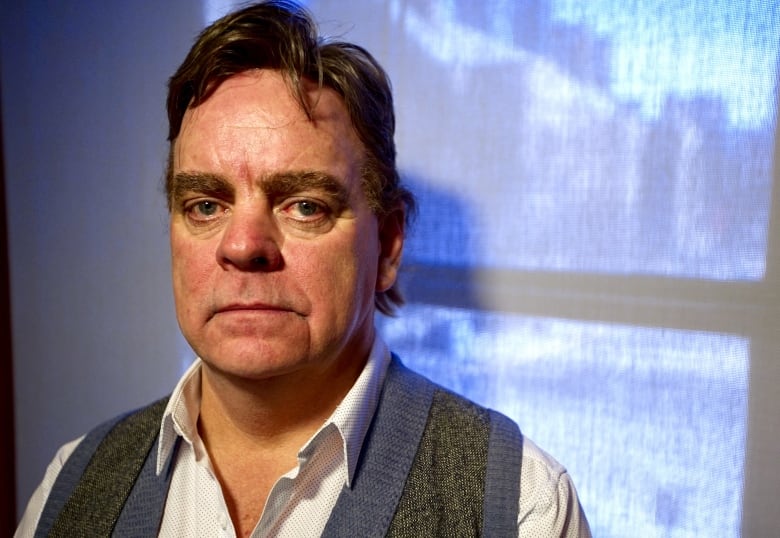
Other public health units don’t charge
Lambton Public Health tells CBC News it doesn’t charge teens for birth control.
“We absorb the price of the startup ones,” said Rhonda Galler, supervisor of clinical and family services.
The health unit can provide two months of medication to start and then requires the young person to see a doctor for an annual prescription. She said the teens get “extensive education” on how to use the medication, as well as possible side effects.
Galler also said the health unit is under no obligation to notify parents or guardians, and confidentiality with the teenager should be maintained.
The Windsor-Essex County Health Unit doesn’t directly prescribe birth control. Instead, it accepts prescriptions from community physicians.
Razane Diab, manager of infection and disease prevention, said it’s covered the cost of birth control for people who couldn’t afford it. Health unit staff also try to work with the young person to remove any barriers to accessing contraception.
Expert questions birth control charge
Confidentiality is another “huge barrier,” said Julien Brisson. He’s a PHD candidate in bioethics in social and preventative medicine at the University of Montreal. It extends beyond access to contraception and includes sexual health services in general.
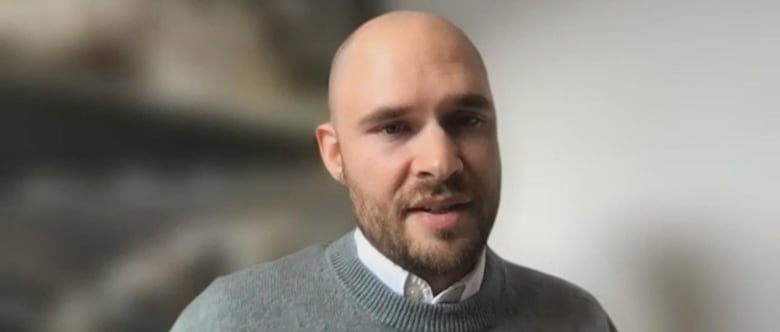
“Most of the time, they will not use those services, which will then lead to different repercussions such as undesired pregnancies, exposure to sexually transmitted infections, untreated sexually transmitted infections. They have the right to choose the method of contraceptive. [It’s a] form of autonomy, agency on controlling their sexual and productive health.”
Ultimately, Martin wants CK Public Health to stop charging teens for birth control and help pharmacies maintain confidentiality. That way youth can access it for free without worry.
Martin also said the health unit should reimburse all those young people who paid $10 per pack dating back to 2018, when Ontario began covering the drug.
